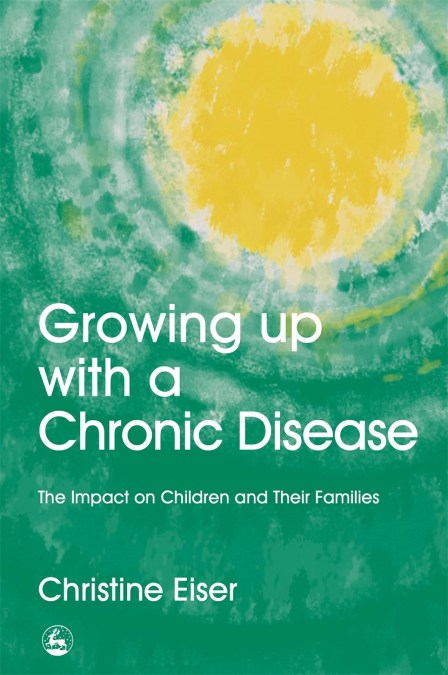The presence of a chronically sick or handicapped child in the family places considerable physical and emotional strain on parents, healthy siblings, and even extended relations. This book, drawing on theoretical and practical sources, acknowledges the potential for distress involved in caring for a sick child but also emphasizes the coping resources and skills that can be, and frequently are, adopted by families. The author demonstrates that the consequences of chronic childhood disease vary systematically with the development of the child, and suggests ways in which coping resources can be developed and promoted.
Newsletter Signup
By clicking ‘Sign Up,’ I acknowledge that I have read and agree to Hachette Book Group’s Privacy Policy and Terms of Use
Reviews
Christine Eiser's well researched message is that compliance and prognosis can both improve when those growing up with a chronic disease feel better understood. By such improved interaction, both the carers and the cared for are significantly more likely to exchange sinking hearts for lifted spirits.
This is a book that will be of value to all professionals working with chronic childhood illness. It should certainly be in every paediatric library, and on the shelves of any mental health professional who works with this group of children.
combines practice and research in such a way as to make it of value to psychologists, social workers, nurses and doctors, as well as child care specialists.
